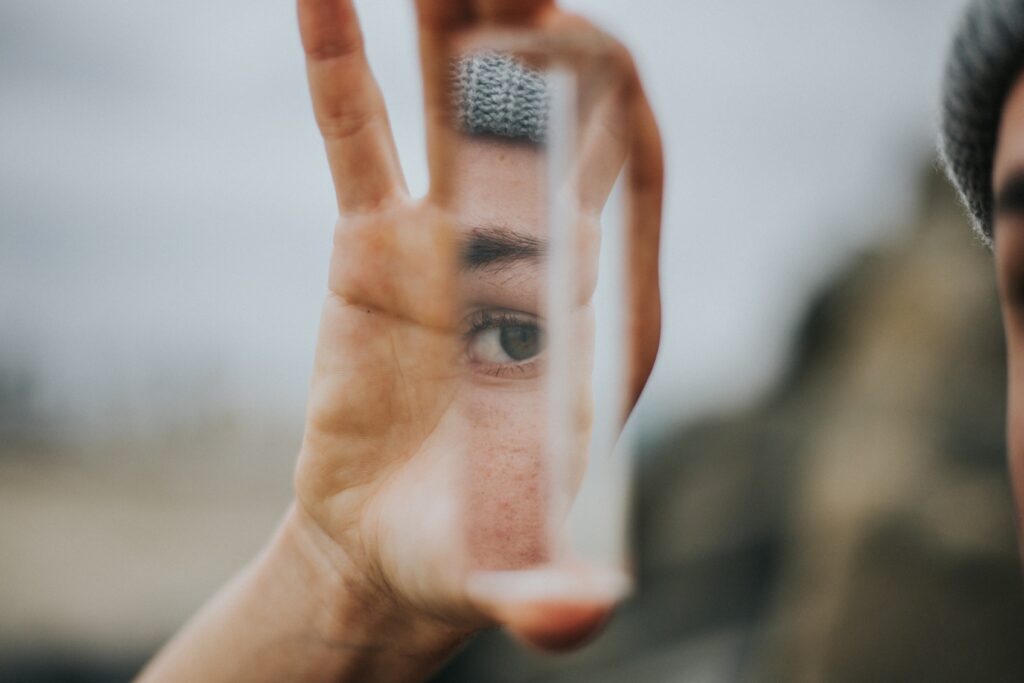
“Don’t judge yourself by what others did to you.” ~ C. Kennedy, Ómorphi
Did you know that every 73 seconds, an American is sexually assaulted? One in six American women has been the victim of an attempted or completed rape in her lifetime. Females 16-19 are four times more likely to be victims, and women aged 18-24 are three times more likely to experience sexual violence. Women are not the only victims of sexual assault. At least one in six men have experienced sexual assault and researchers believe that this is a low estimate. The vast majority of these assaults go unreported and sadly victims many struggle with the repercussions of their trauma throughout their adult lives. I want to speak directly to anyone who has experienced sexual assault and normalize some of the trauma reactions you may be experiencing, as well as, provide hope that this does not have to define your life.
INTIMACY AND RELATIONSHIPS
When you have been sexually assaulted, you may find yourself struggling in your intimate relationships. You may experience flashbacks or painful memories while engaging in sexual activity–even when these intimate encounters are consensual. You may also struggle to set boundaries that help you feel safe in relationships. Remember this: Finding intimacy challenging is a normal response after you have been assaulted. There is nothing wrong with you. As you openly communicate with your partner and continuously work with a qualified, experienced therapist, you can heal and have more trust and comfort in your important relationships.
FEELINGS OF GUILT, SHAME AND BLAME
If you are a survivor of assault, you may blame yourself and feel guilty about not having been able to stop the abuse. Because of this, you may fall silent and be secretive about your trauma, which can lead to feelings of shame. Oprah once said, “Most people think it’s about the sex. It’s really about the shame that occurs after the sex. And it’s keeping it a secret. We’re only as liberated as our secrets. The secret creates the shame…and you end up feeling like you’re a bad person. It’s the shame that damages your life. The actual act itself, you can get over that. But it’s the shame you carry with you throughout your life.” Remember this: You are not responsible for your assault. When feelings of guilt and shame creep in, show yourself some compassion. Talk to yourself as if you are talking to a dear friend. Sit down and write in a journal, or talk to an empathetic friend, family member, or therapist. Shame cannot survive being spoken. Shame cannot survive empathy.
SELF-ESTEEM
If you have lived through sexual assault, you may feel constant inadequacy and low self-esteem that affects every aspect of your life–relationships, career, and overall health. This is often a result of having your personal safety violated or ignored. When your safety is threatened, you can see yourself and your world differently and may feel you are broken or defective. Staying silent and holding on to those feelings will erode your self-confidence until nothing remains. Remember this: You are valuable. You are special. You are important. Nothing you do or is done to you changes your worth as a human being. Believe in yourself; believe that you deserve good things and that a happy, safe, future is not only possible, but something you deserve.
Remember that you can and deserve to have healthy relationships. Shame can not survive empathy so seek out empathetic listeners. And lastly, you are worth more than what happened to you; do not base your self-worth off something that was not your fault. As you continue to work toward healing, do not forget simple self-care practices like consuming a balanced diet, getting a sufficient amount of quality sleep, and exercising regularly. It is difficult, but you are strong, and you can do it. You do not have to walk this road alone; please reach out to a qualified, experienced therapist. If you need further assistance, please contact me to schedule a session.
Melissa Cluff is a Licensed Marriage and Family Therapist based in North Texas, providing face-to-face and telehealth therapy options to clients in Texas.
References:
- 1in6: “For Family and Friends of Men”
- The Atlantic: “The Understudied Female Sexual Predator”
- Cluff Counseling: “The Five Chairs of Grief”
- Cluff Counseling: “The Beauty of Journaling”
- Cluff Counseling: “Choosing the Right Therapist for You”
- Cluff Counseling: “Exercise….It’s Not Just Good for the Body!”
- Cluff Counseling: “Fork Your Way Into a Healthy 2018!”
- Cluff Counseling: “The Haunting of Trauma Past”
- Cluff Counseling: “The Magic of Saying No”
- Cluff Counseling: “The Positive Influence of Affirmations”
- Cluff Counseling: “Self-Esteem & Self-Worth: Two essential Components of the Self”
- Cluff Counseling: “Sleep…It Does a Body Good!”
- Criminal Defense Lawyer: “What is Date Rape?”
- GoodReads: “Abuse Survivor Quotes”
- MedicineNet: “Medical Definition of Date Rape”
- Oprah: “Dr. Brené Brown: “Shame Is Lethal”
- Rape, Abuse & Incest National Network (RAINN) website
- RAINN: Adult Survivors of Child Sexual Abuse
- RAINN: “Victims of Sexual Violence: Statistics”
- SLCPD: “Acquaintance Rape aka Date Rape”
- Teens Health: “What is Date Rape?”
- WebMD: “Date Rape Drugs”

